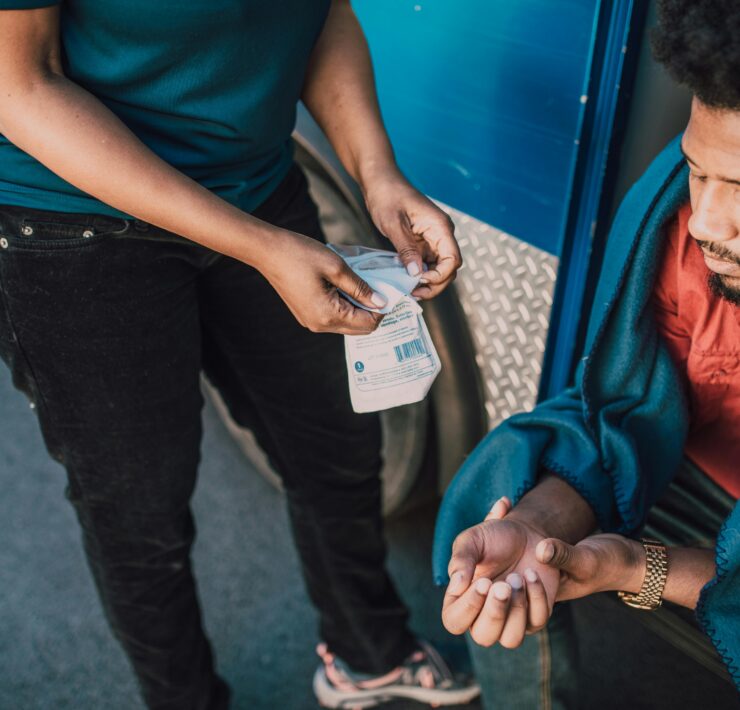What Are Your Rights During a Texas Traffic Stop

If you’re on a design road trip across Texas, checking out Houston galleries or Galveston’s beaches, you’ll probably pass through plenty of small towns.
It pays to know the basics if those flashing lights suddenly pop up in your rearview mirror.
Traffic stops can feel intimidating, especially if you’re not familiar with your rights. Learning what you must provide, what you don’t have to do, and when to call for backup makes all the difference.
Let’s clear up Texas law in plain English, piece by piece, so you can travel with confidence.
Documents You Have to Show at a Stop
Think of this as your Texas travel toolkit. The state requires you to show three main documents during most routine stops. Keep them in your glove box or wallet for easy reach.
- Valid driver license
- Proof of insurance
- Vehicle registration
If an officer asks for these, hand them over politely. If you accidentally left one at home, tell the officer honestly. Lying usually makes things worse.
Staying Calm and Communicating Clearly
Most traffic stops are routine and end quickly. Your job is to stay calm and communicate clearly; this helps protect your rights and keeps everyone safe.
- Put your hands in plain view and avoid sudden moves. Roll down your window and keep your music low.
- Answer basic questions respectfully, like confirming your name or where you are headed.
- You don’t have to answer questions about your immigration status, destination, or why you were stopped. You can simply say, “I do not wish to answer that.”
Being polite and firm works best.
Understanding Consents and Searches
When an officer asks to search your car, the law says you can choose to say “no.”
Here’s what you should know.
Do You Have to Let Officers Search Your Car?
The answer is no, unless they have probable cause or a warrant. In most stops, just say, “I do not consent to a search.”
You do not have to give a reason. The officer might still search your vehicle, but your refusal could help your case later.
Recording the Stop
You have the right to record your interaction, whether on your phone or dash cam, as long as you do not interfere with the officer.
Announce that you are recording for transparency. That video could be important evidence if something goes wrong.
You have the right to refuse a vehicle search and to record the stop. These actions protect your legal interests and help ensure fair treatment.
Should You Take Field Sobriety or Breath Tests?
Not all questions from officers are required answers. Knowing what you can refuse matters, especially in suspected DWI situations.
Field Sobriety Tests
These include walking a straight line or standing on one leg.
You may politely refuse these tests, but understand there could be consequences, like getting arrested based on probable cause. Still, poor performance, even by sober people, can end up used against you.
Breath Tests
You can refuse a portable breath test at the roadside. Refusal may result in your license getting suspended, but it also denies officers another piece of evidence.
Weigh your options and know the law.
When Should You Ask for a Lawyer?
Any time you feel unsure, intimidated, or threatened with arrest, you should request a lawyer. After you say, “I want to speak to an attorney,” stop answering questions until your lawyer arrives or calls you.
You have that right; exercise it calmly.
Where to Find Local Help After a Stop
Travelers visiting Houston or Galveston might wonder where to find reliable legal help if something happens.
If you’re passing through the Friendswood or League City area and need experienced support, reaching out to a League City criminal defense attorney can give you clarity and protection when you need it most. Many also trust the sound counsel from the team at Tad Law legal defense services. The right local counsel can explain Texas law in detail and help protect you on the road.
No one expects a traffic stop, but everyone can get ready for one.
Stay calm; know your rights, and call for help if you need it.
Keep Calm and Cruise On: Play It Smart at Every Small-Town Stop
That next stretch of Texas highway may hold wide-open views and friendly detours, but your best road trip moments happen when you know the rules.
Texas law wants both drivers and officers to follow a clear playbook. Show your license, registration, and insurance when asked. Understand that you can say no to a search and save your words for a lawyer if things turn official.
By sticking to these steps, you not only protect yourself during the stop, you also line up the facts if you ever need legal backup. Think of your knowledge as a travel tool, one that keeps you in control while you roll past small-town charm and big Texan skies. Stay wise; stay relaxed, and let the journey lead the way.










